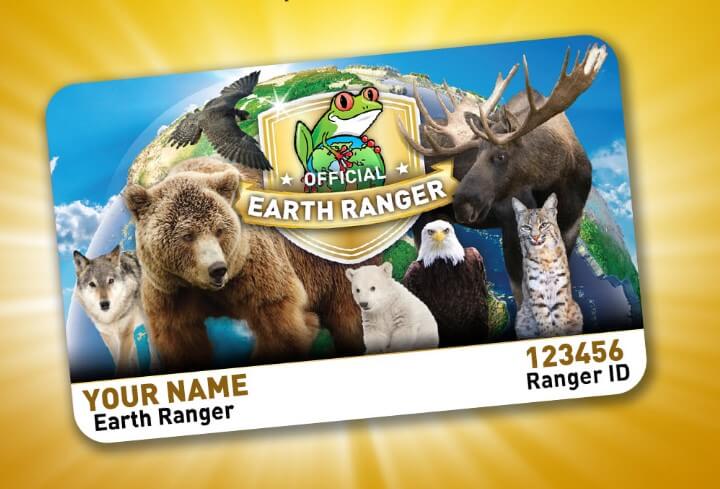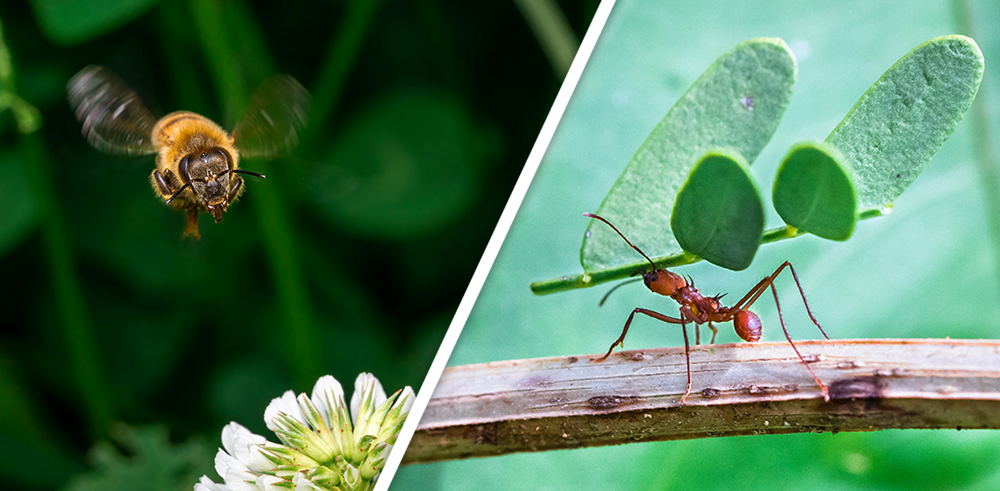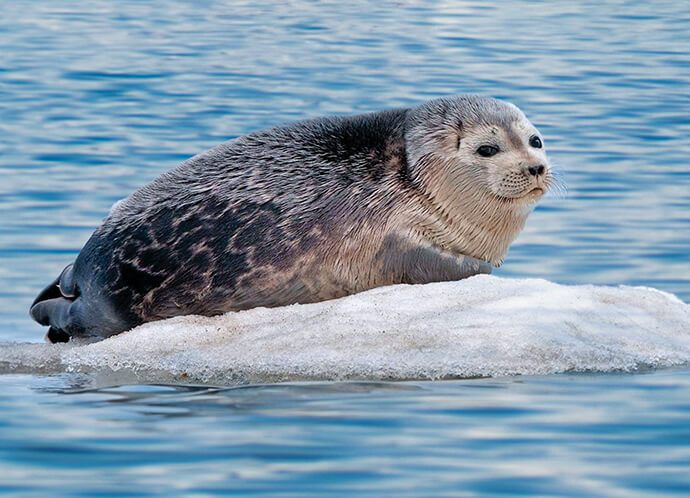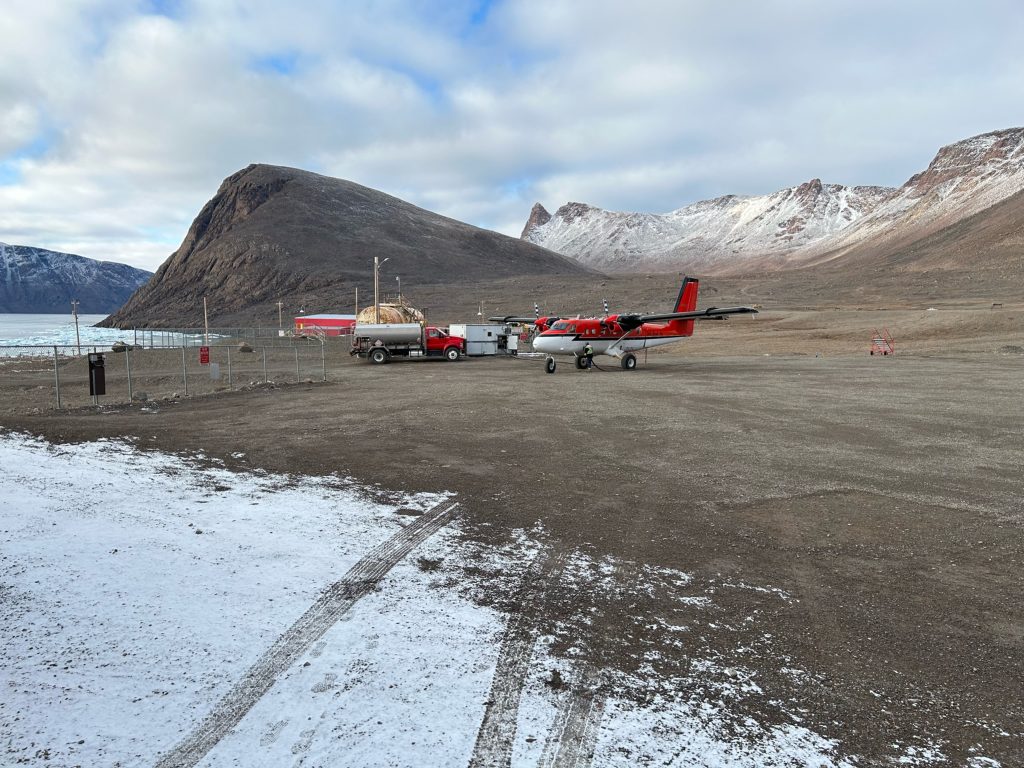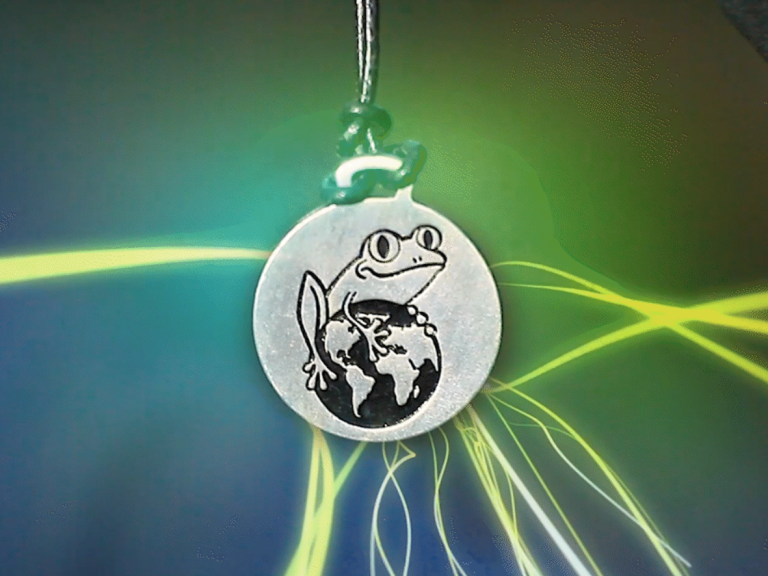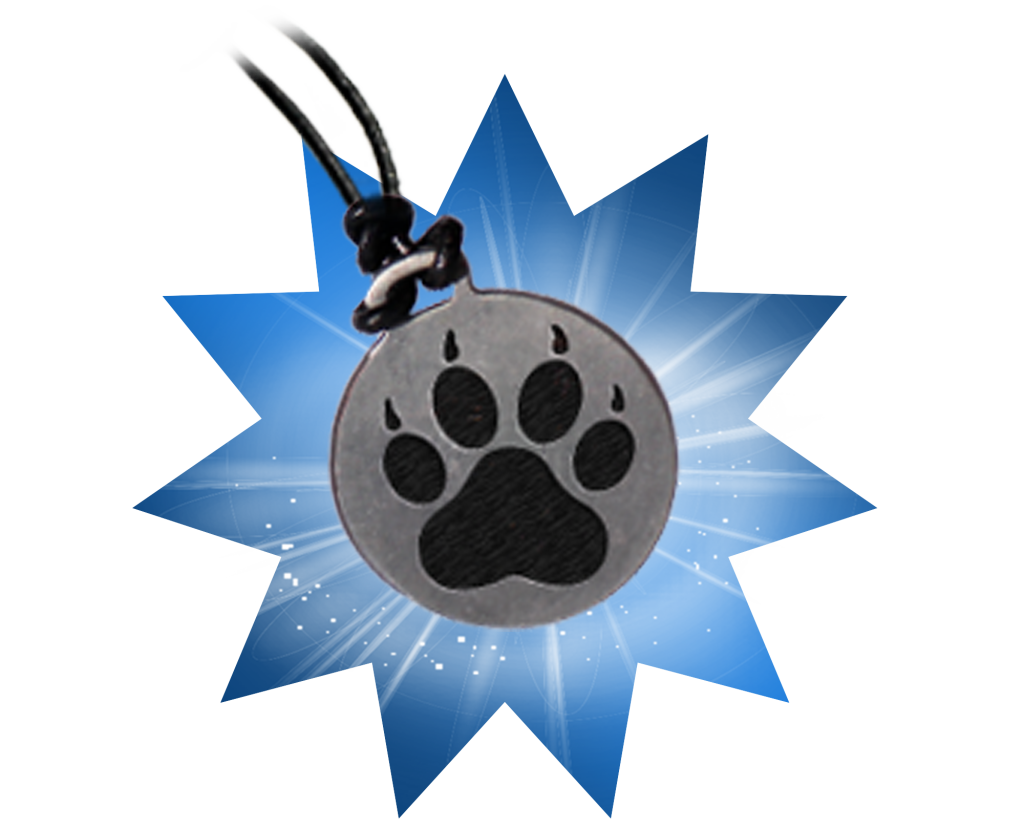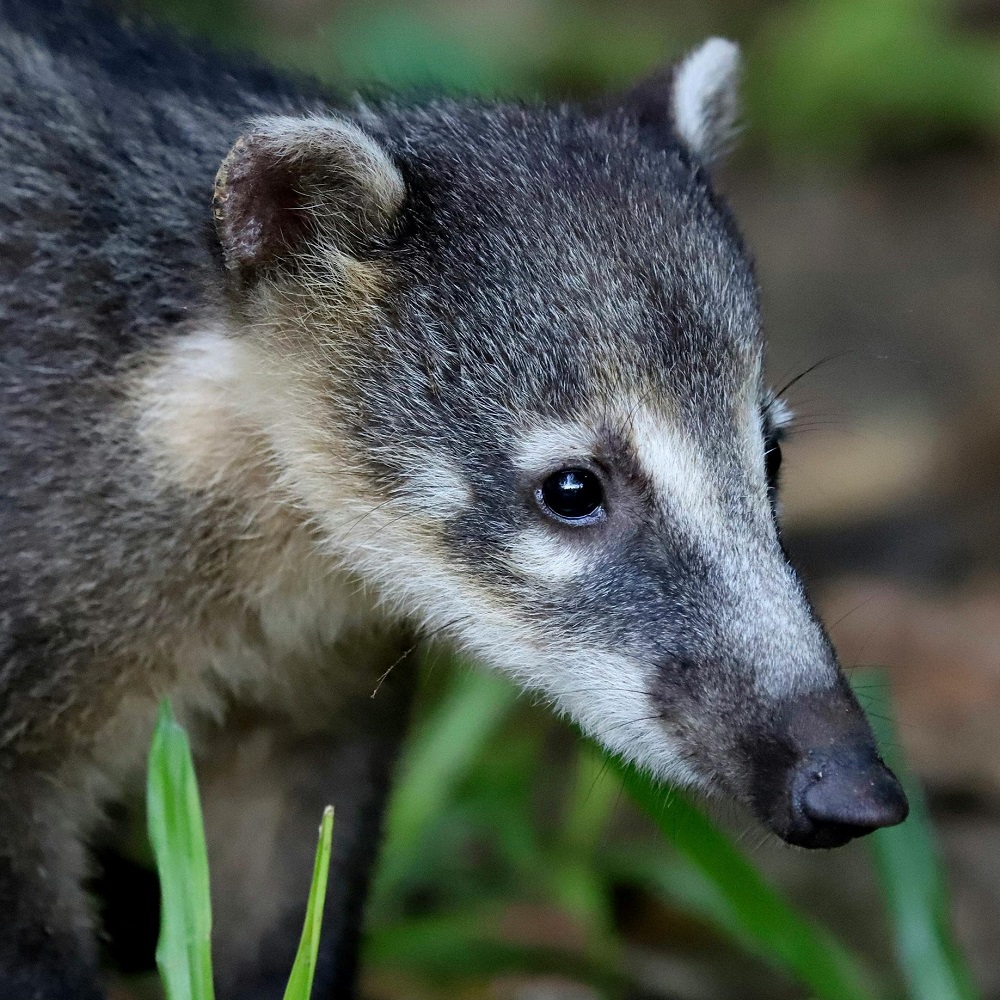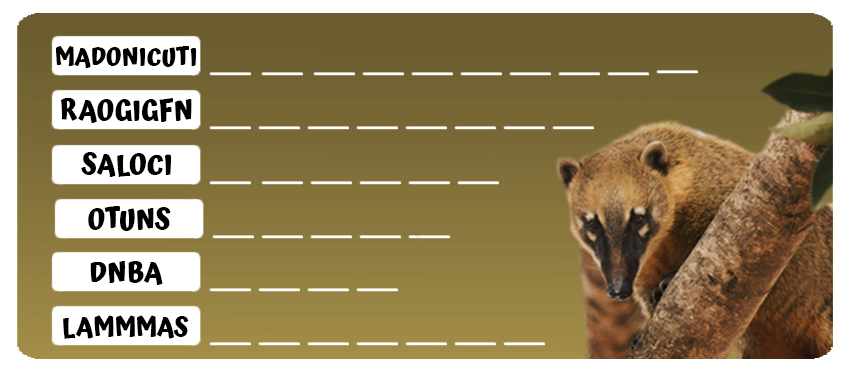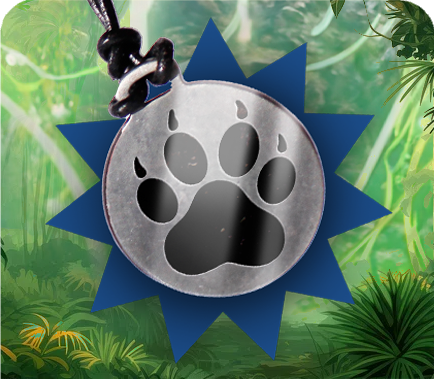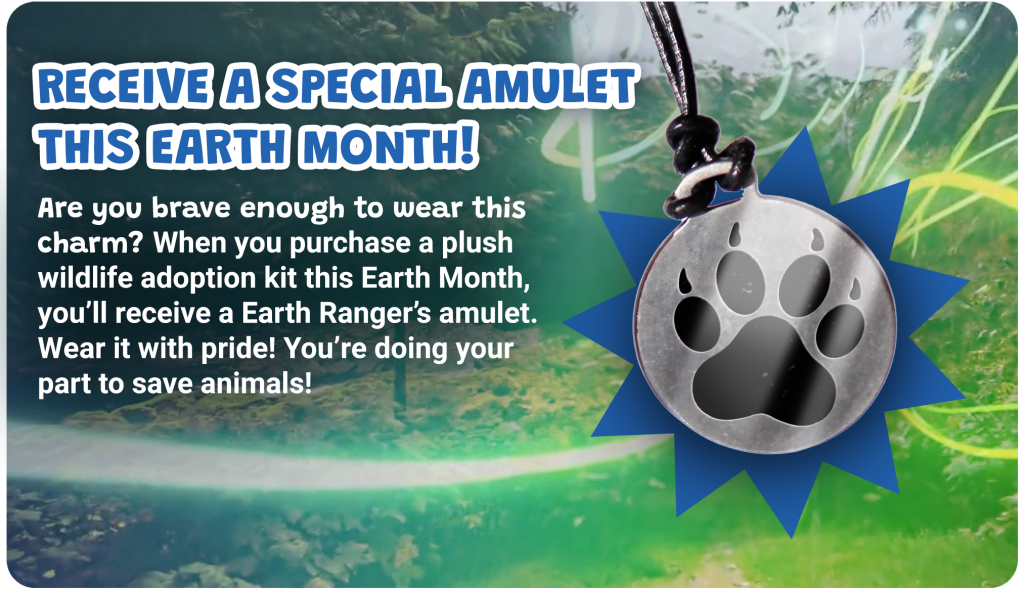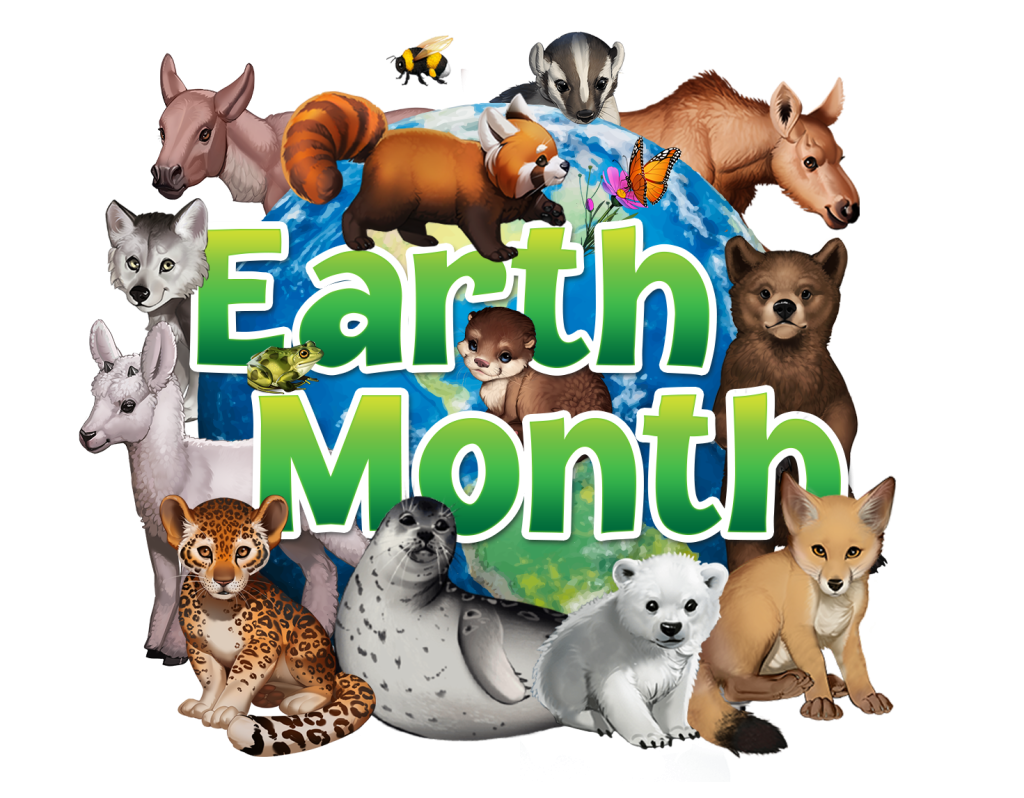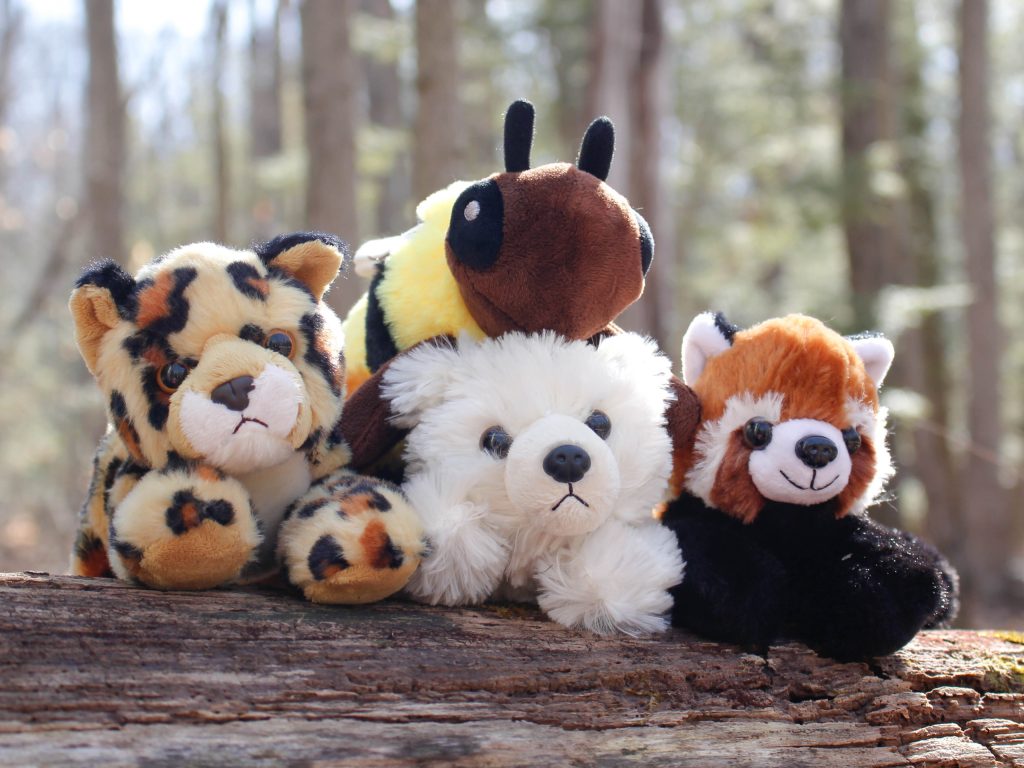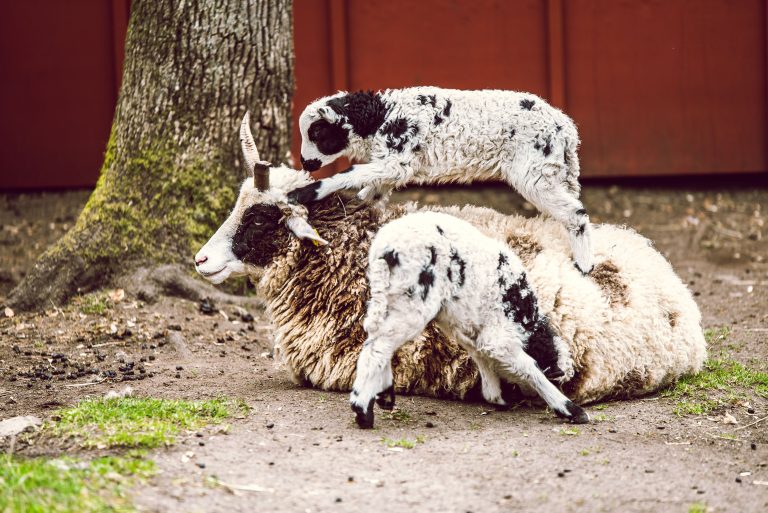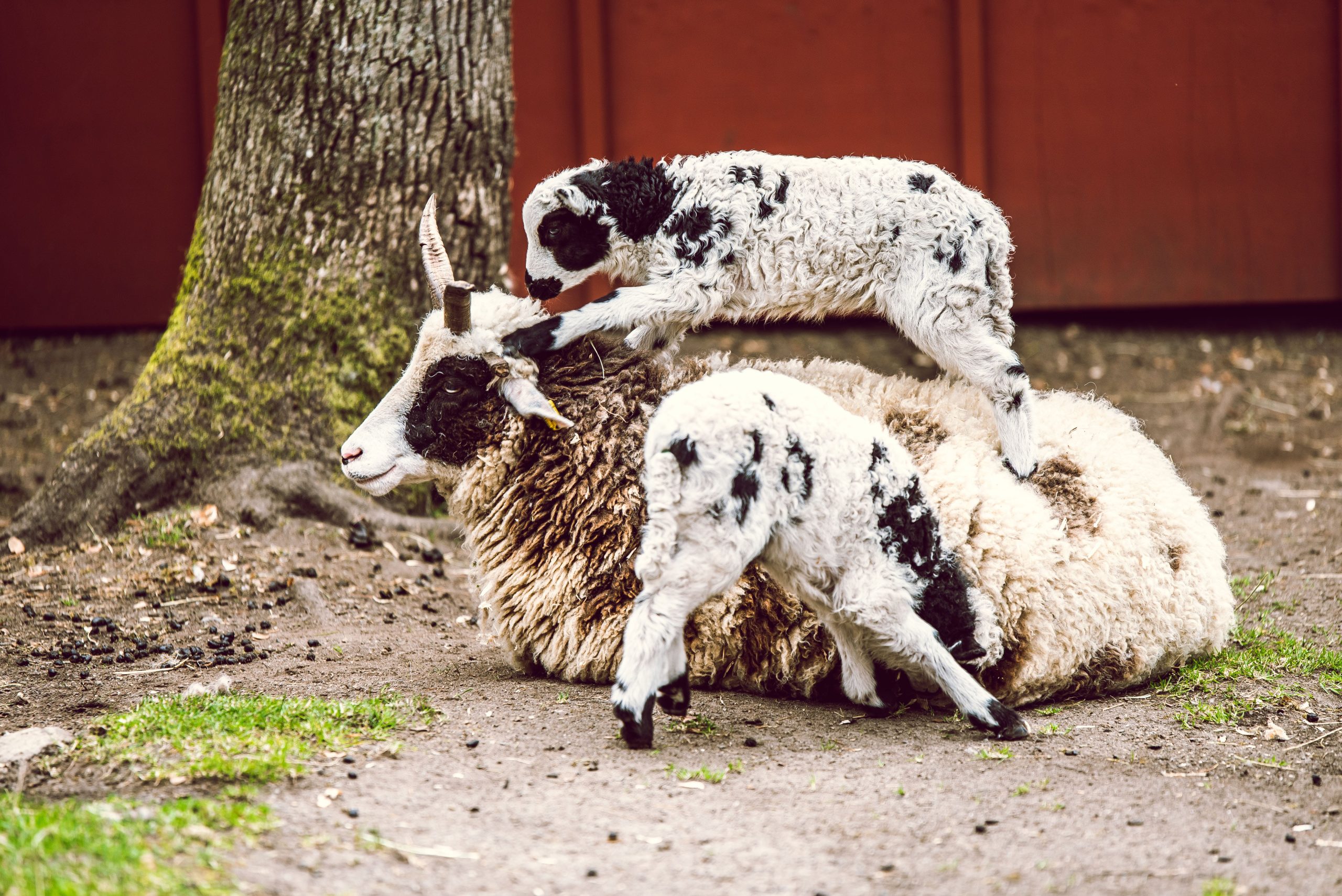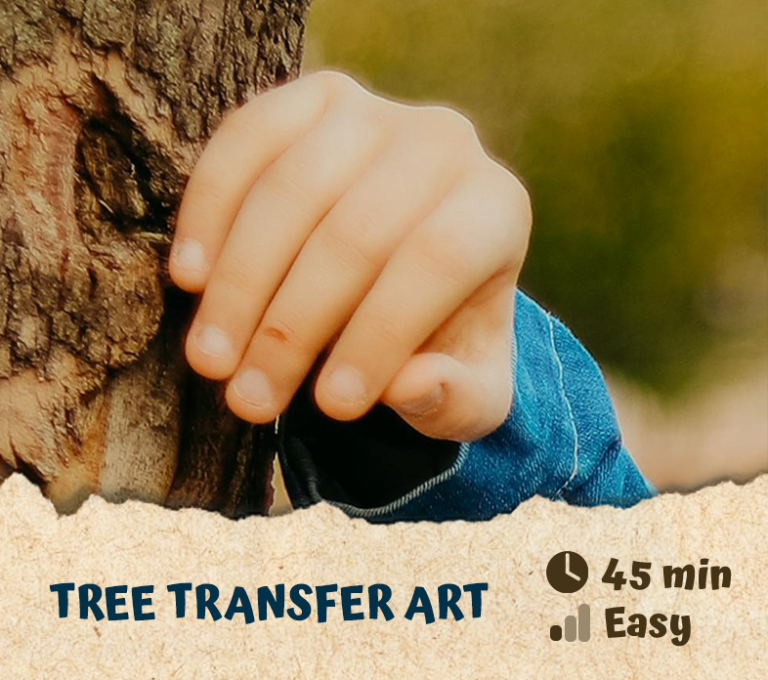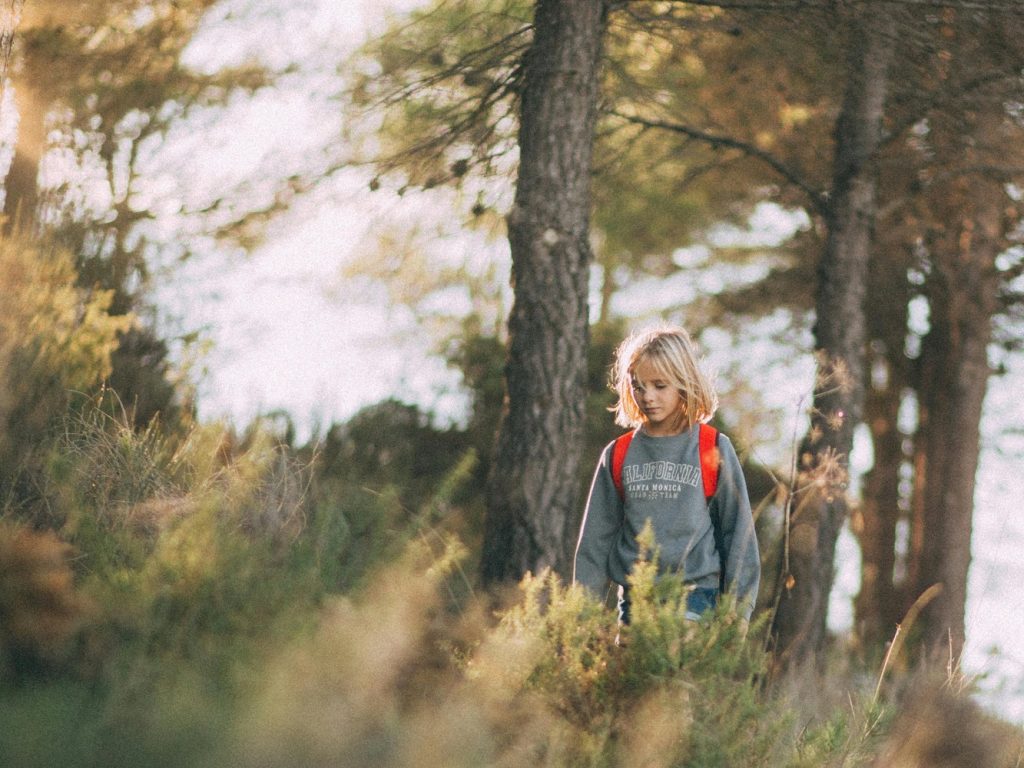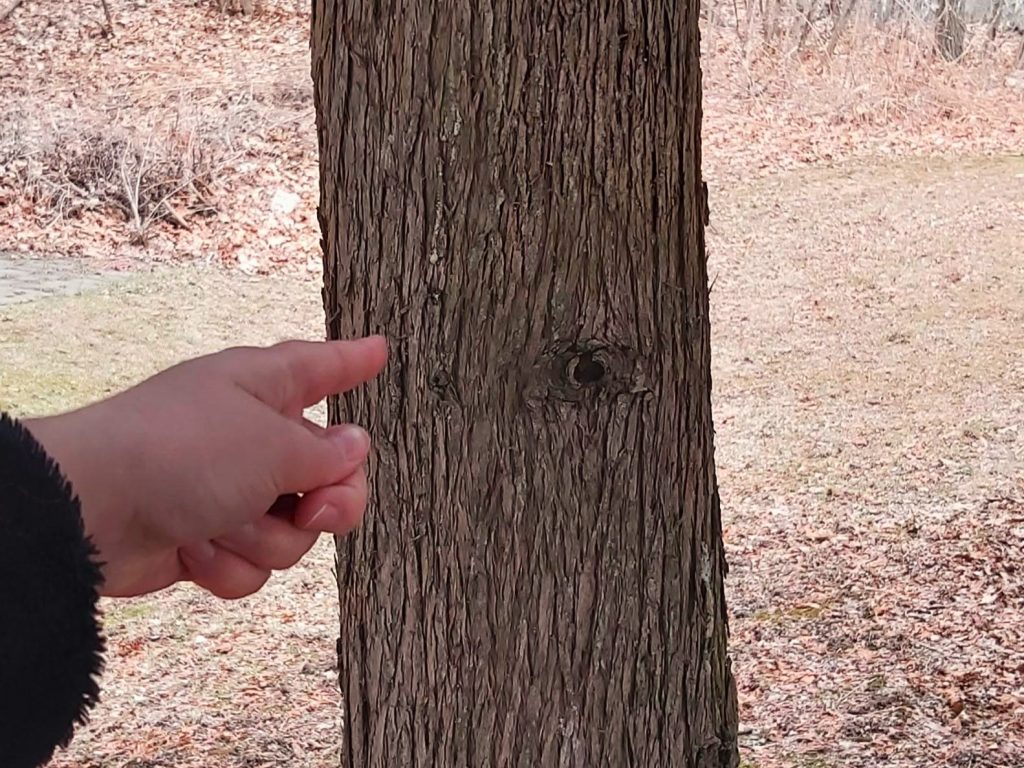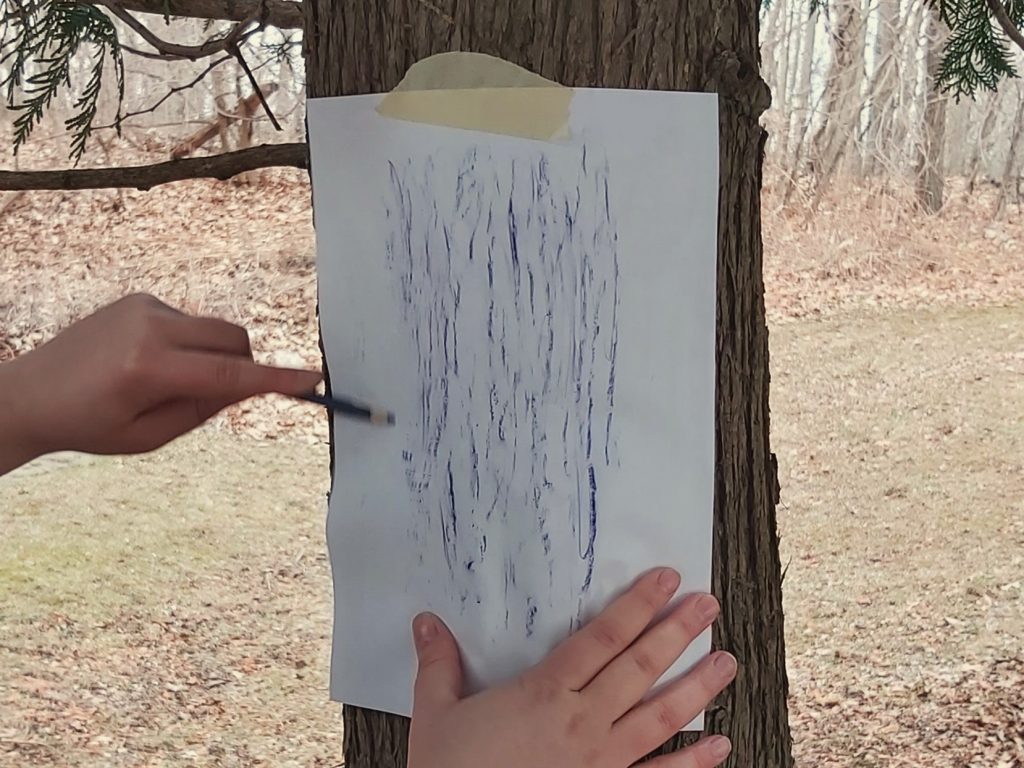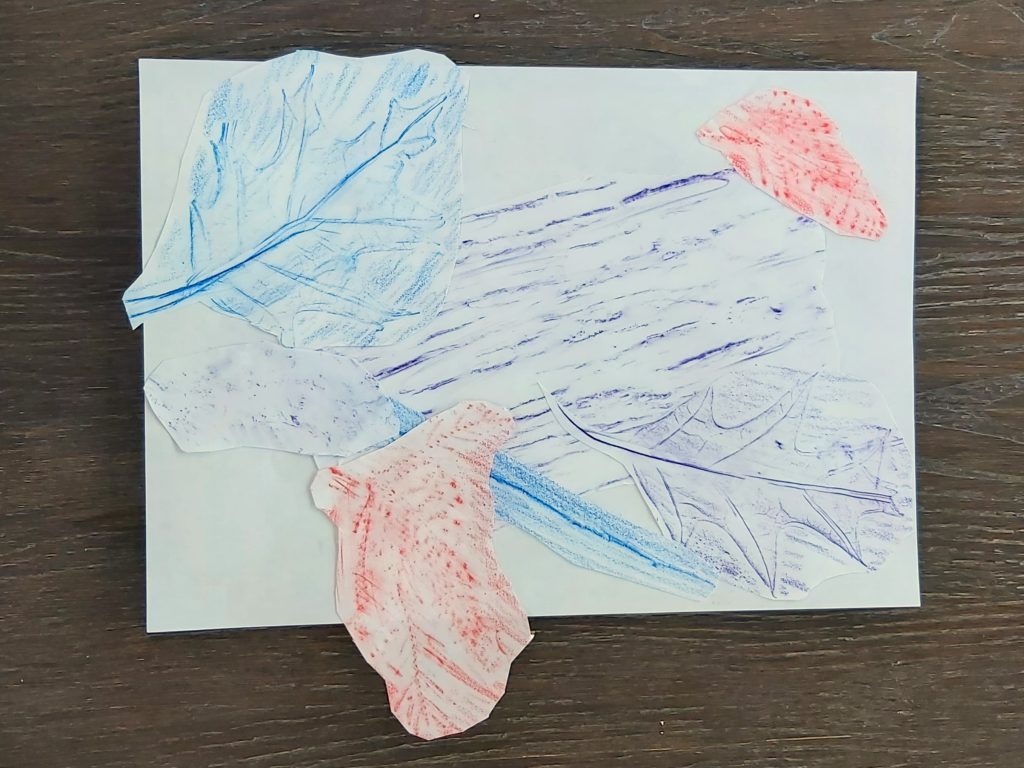Hey Earth Rangers, it’s our fave time of the year again! April is a special time…It’s Earth Month! Things are about to get WILD at Earth Rangers HQ!
Earth Month celebrates how we’ve been taking care of nature. It started in 1970 by US Senator Gaylord Nelson after a huge oil spill in California and has been doing good things for 54 years. We can all help make a difference for animals and the planet by learning and spreading awareness!
Earth Month is like a big party for our planet! It’s a time when we all come together to show our love and care for the Earth. After all, at Earth Rangers, Earth Month is for the animals. We focus on helping animals, especially those facing challenges like climate change, pollution, and deforestation.
What can YOU do to help animals that need our support?
Want to celebrate Earth Month? Ask your parents to check for local events. If there aren’t any, no problem! You can do things at home:
- Plant a tree or some flowers: Dig a little hole, put a small tree or plant in, and watch it grow.
- Clean up: Pick up trash around your neighborhood or a park. Keep it clean!
- Recycle art: Make cool art using things you’d normally throw away. Get creative!
- Nature scavenger hunt: Find and collect cool things like leaves, rocks, or flowers.
- Save energy: Turn off lights and appliances when you’re not using them.
- Save water: Limit your water waste
- Spread the word: Talk about Earth Month, and share with others how they can help protect animals and the environment!
These activities can be found on the Earth Rangers app as missions, challenges, or creative corners. Pick the ones you like and go for it!
Symbolic Adoptions:
Earth Rangers’ Wildlife Adoptions Program directly supports animal conservation work in the field. To celebrate Earth Month, everyone who buys a plush adoption kit receives a super special amulet!
What makes it special? It’s like the ultimate hero badge for helping to protect animals! It unleashes the powers you’ve had all along… and guess what? YOU ALL GET TO GIVE IT A NAME!
THE AMULET VOTE
Here at Earth Rangers, everyone has been going wild for these special amulets. But here’s the thing: we’re stumped on what to call them! Can you help us out? Drop your favorite name in the comments below!
- Wildlife Guardian Charm
- Biodiversity Beacon
- Wildlife Warrior Amulet
- Aura of the Wild
- Nature’s Shield Necklace
- Charm of the Wild
- Crest of the Wild
Got any better ideas? We’re all ears for more fun names. Help us get our Earth Month celebrations started today!


